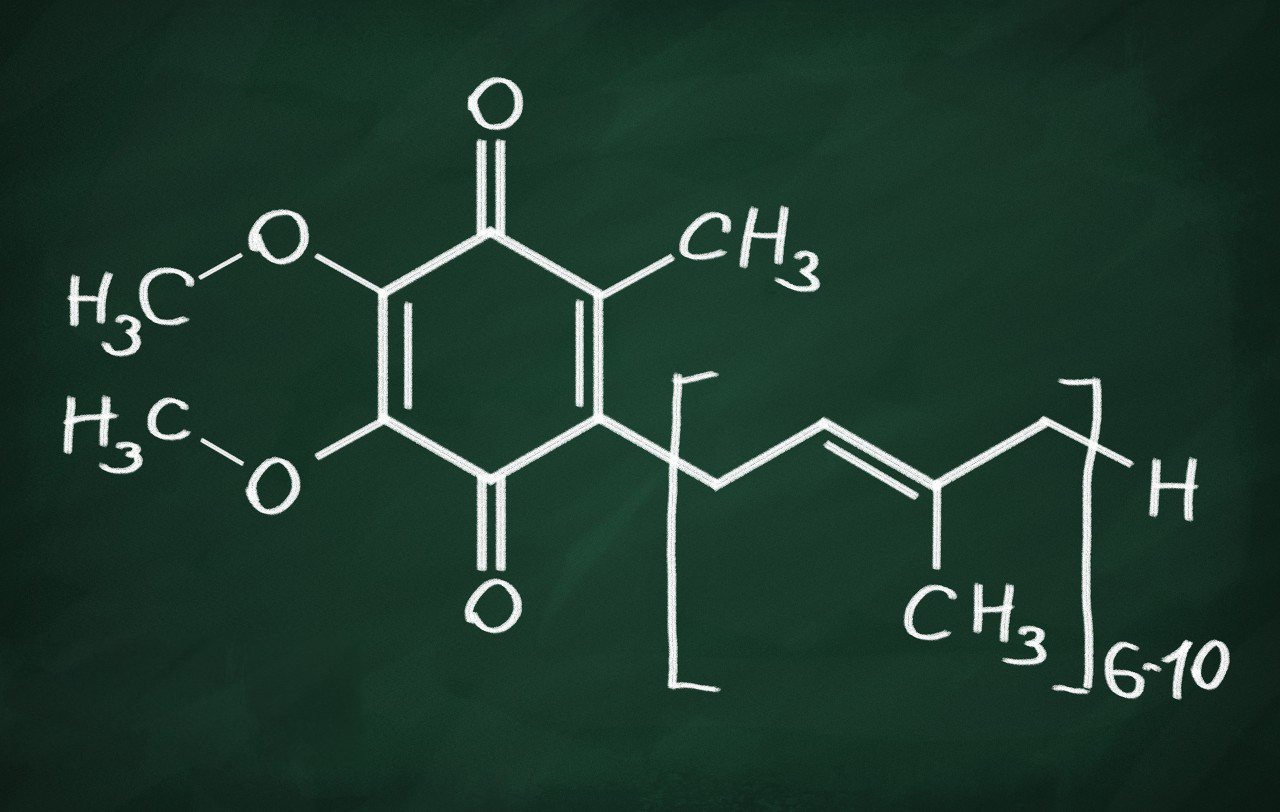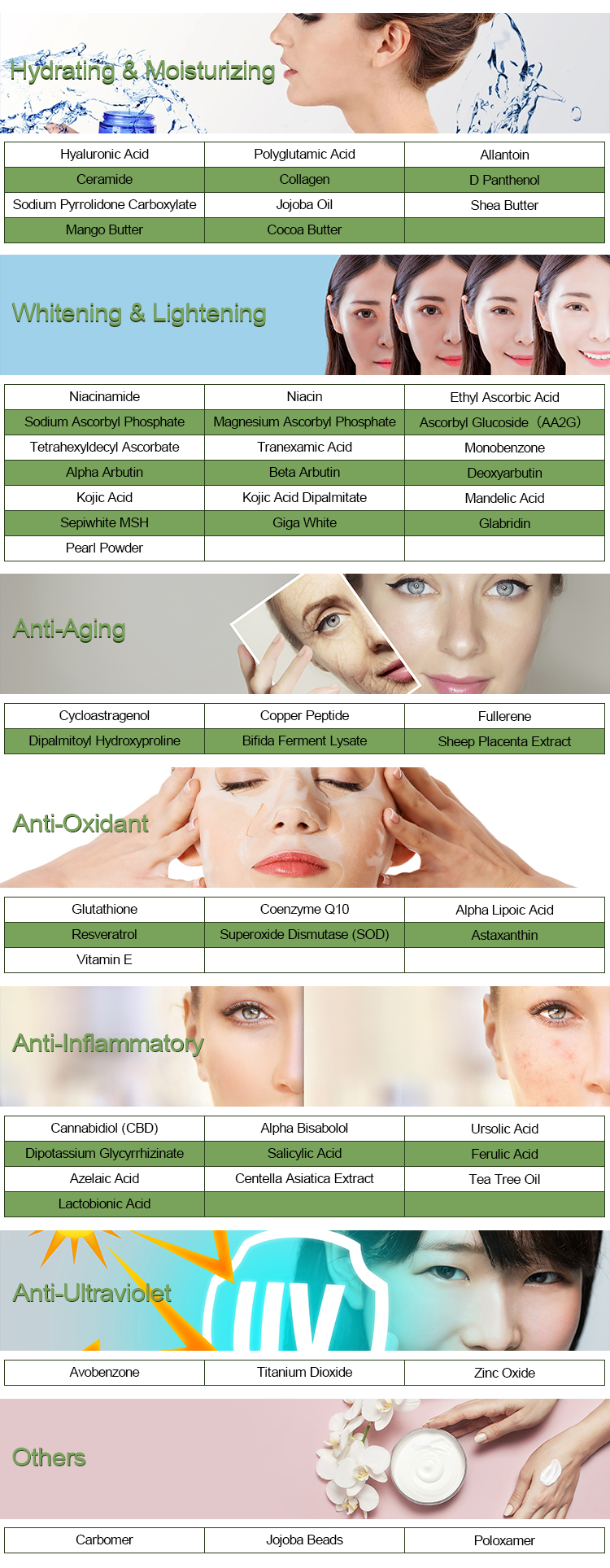Coenzyme Q10, often abbreviated as CoQ10 or ubiquinone, is a naturally occurring compound found in the cells of the human body. It plays a crucial role in the production of energy in the form of adenosine triphosphate (ATP) within the mitochondria. Coenzyme Q10 is also known for its antioxidant properties and is used as a dietary supplement to support various aspects of health.
Chemical Structure of Coenzyme Q10:
The chemical structure of Coenzyme Q10 consists of a quinone head group and a hydrophobic tail composed of a long isoprenoid side chain. Its chemical formula is C59H90O4 and its molecular weight is approximately 863.36 g/mol. The structure can be represented as follows:

Physical Properties of Coenzyme Q10:
Coenzyme Q10 has the following physical properties:
1.Molecular Weight: Approximately 863.36 g/mol
2.Solubility: Coenzyme Q10 is lipophilic (soluble in fats) but relatively insoluble in water.
3.Color: It is typically orange or yellow in color.
4.Melting Point: Coenzyme Q10 has a melting point of around 48-52°C (118-126°F).
5.Boiling Point: Coenzyme Q10 decomposes before reaching a specific boiling point.
6.Odor and Taste: It is odorless and has a slightly bitter taste.
7.Stability: Coenzyme Q10 is sensitive to heat, light, and oxygen, which can degrade its quality over time.

Coenzyme Q10 is essential for the proper functioning of the electron transport chain in mitochondria, where it helps generate ATP, the energy currency of cells. Additionally, it acts as an antioxidant, helping to protect cells from oxidative damage. Coenzyme Q10 is found in various foods, especially in meat and fish, and can also be obtained through dietary supplements.
It is worth noting that Coenzyme Q10 is a popular supplement and has been studied for its potential health benefits, particularly in supporting cardiovascular health, energy production, and antioxidant defense. However, its efficacy in specific health conditions may vary, and it’s important to consult with a healthcare professional before using it as a supplement.
